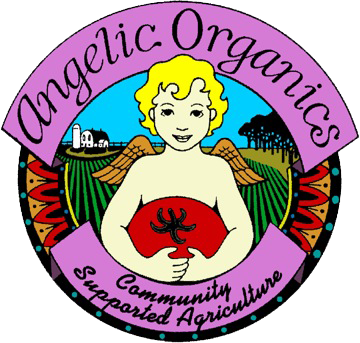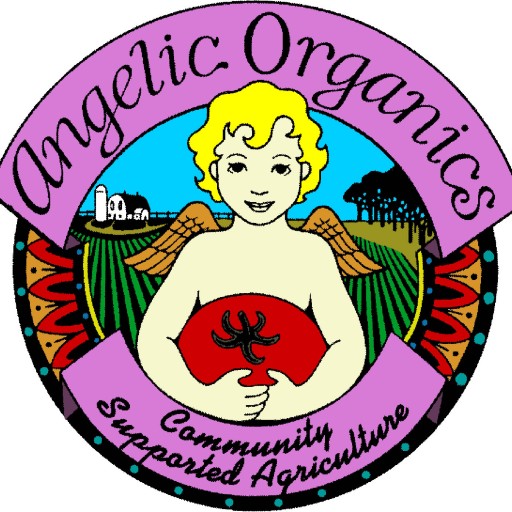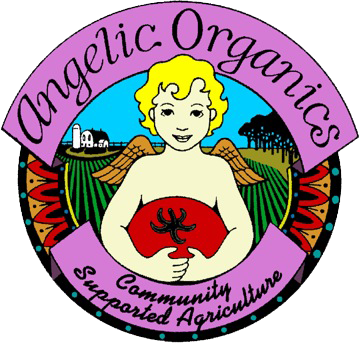Farmer John Writes: The Way We Whir, Part 1
Farmer John here, bringing you the second Winter Farm Update–a journey into the past.
I was reflecting on my earlier years and thought that perhaps friends of Angelic Organics would like to get a glimpse of the farm and my own life in my youth. I was about to begin writing some reflections when I remembered that I had undertaken a recounting of this period when I was writing in San Miguel de Allende, Mexico, in the mid-eighties.
I would pen an installment of my life, then present/perform it at the popular Sunday afternoon literary event that took place in the shaded, cobblestone courtyard of El Circo Restaurant. Sometimes over a hundred people attended these celebrations of the word. At the risk of plagiarizing myself, I now introduce you to the writing of a younger version of your Farmer John.
Those familiar with the documentary film The Real Dirt on Farmer John may recognize some of the lines below from my narration of the film.
The Way We Whir, Part 1
(By Farmer John, Written in the Winter of 1986)
I paid for the Sears tractor battery with a check. I was at the Beloit Mall and the battery salesman said, “Peterson, huh?
Was Albert your grandfather?”
“Yup.”
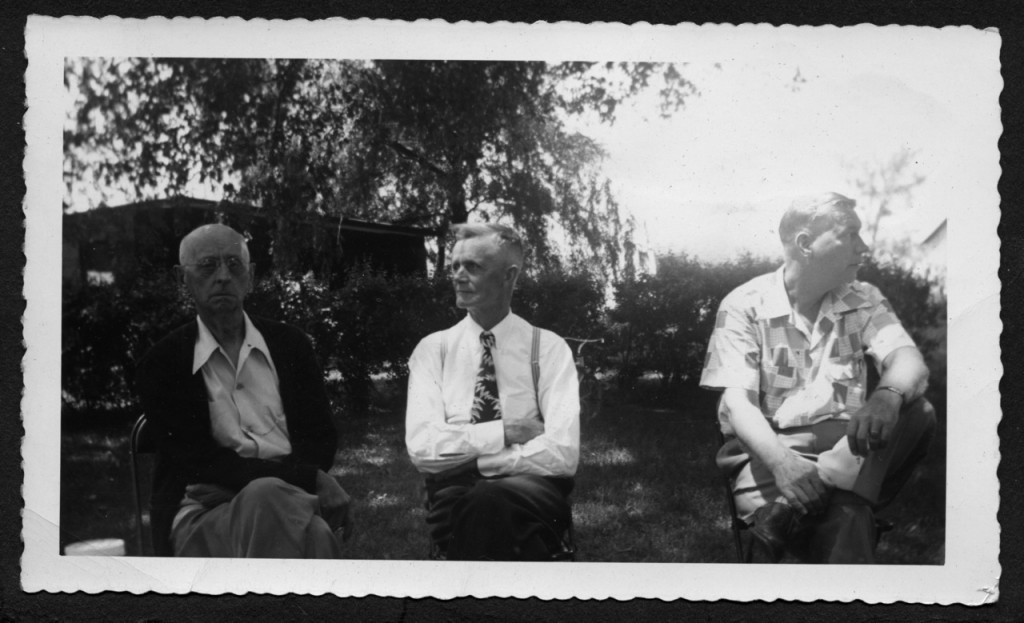
Grandpa Albert Peterson (center)
“He used to bring crates of pigeons into Beloit. Pigeons were quite a treat back then. He always got a good price for ‘em, too.”
“Yeah, I still see ‘em flying around his barn, even though he died twenty years ago,” I replied.
“I used to help the vet cut pigs out there – must be forty or fifty years back.” The salesman paused for a moment. “ He always kept a close count – couldn´t stand to be overcharged. And your gramma always made us come in for coffee and cookies afterwards. She wanted the gossip from town. Everyone loved your gramma.”
Beloit was once a farm town. Farmers traded on Saturday nights and Saturday nights were hot. Pool halls and ballrooms were booming. Towns people and farm folk were hollering and gambling, dancing and swapping goods and gossip. There were shoe shine stands and smoke shops, and my uncle Harold shot a pool ball so hard it stuck in the wall.
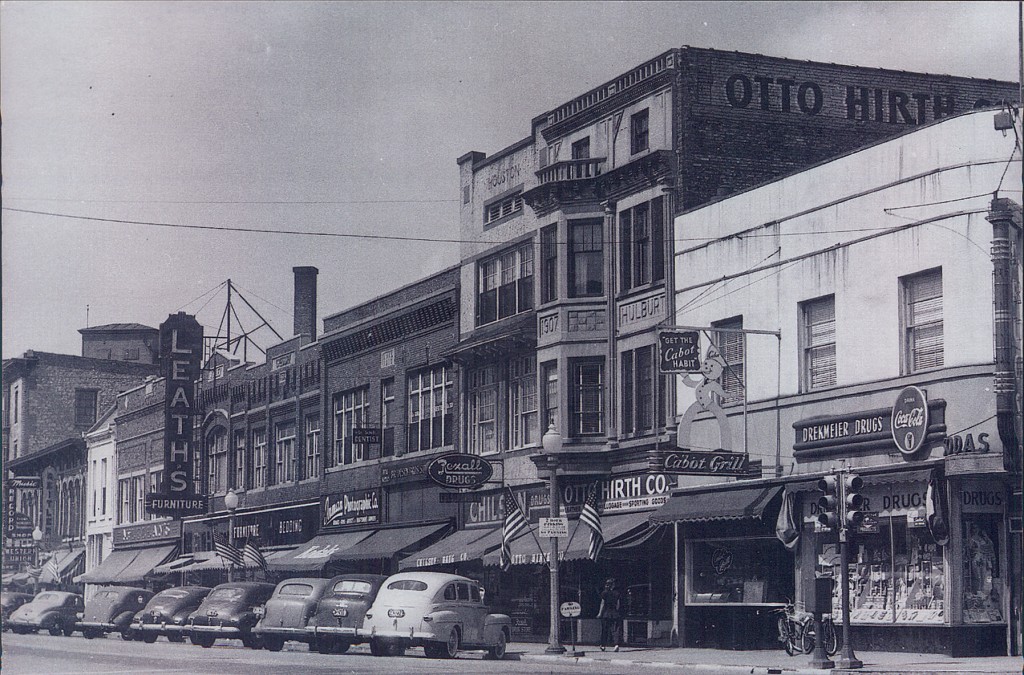
Old Beloit
By the time I was five and could remember, Saturday night took place on Saturday mornings, and cars were parked three deep on the streets downtown. Farm hands were spending their paychecks on pleated trousers, white buck shoes and engraved adjustable rings to give their girls. I came in every Saturday to get out of grinding feed and to read the comic books that fluttered on the outside rack next to the shoe shine stand where the shoe shine man finally learned my name. But Woolworth’s had a better selection, and I could secretly read two whole comics while browsing the stacks. Then I would buy three, sometimes two, out of my chore money and drink a chocolate malt. Every third Saturday, however, when Grandpa and Dad and I sat three abreast getting our haircuts at Hirt´s Barber Shop – on those days we´d have our malts at the fountain at Ruzeck Pharmacy.
Early each spring we´d get about 200 tiny yellow chicks. They´d huddle under an electric light and then grow up fast. Come late spring we´d already have fryers ready. I´d cut their heads off sometimes, but usually Dad did it. They´d go every which direction without their heads, and try to fly. One even went way into the ironweed patch once, and we couldn´t find it anywhere. After the chopping and flapping, Mom would scald the corpses, and my whole family would pluck their feathers. Sometimes they´d still be twitching when we plucked them and make mournful sounds through their necks. My sister Carol and I would shriek and throw wet feathers at each other. Next day we´d help deliver the dressed spring fryers to Beloit homes.
Cock fighting was outlawed by the time my parents bought their new ´53 Pontiac. The Beliot Pontiac dealer needed a hideout for his cocks, so we gave them a home. Jasper was the most vicious. Jasper would attack our necks with his sharpened talons and razor beak. For our trouble the Pontiac dealer gave us an ancient oil painting of Chief Pontiac standing on a bluff overlooking the Rock River.
We had an egg route, too. Three times a day Grandpa Nielsen gathered the eggs from the nests in the chicken house; when he got senile he gathered them ten or twelve times a day. We´d trade the eggs for gas at Brownie´s Gas Station. We delivered eggs to homes, too – always fifty cents a dozen – never raised or lowered our prices like the stores did. The remaining eggs we traded for groceries at the Beloit Bonnie Bee.
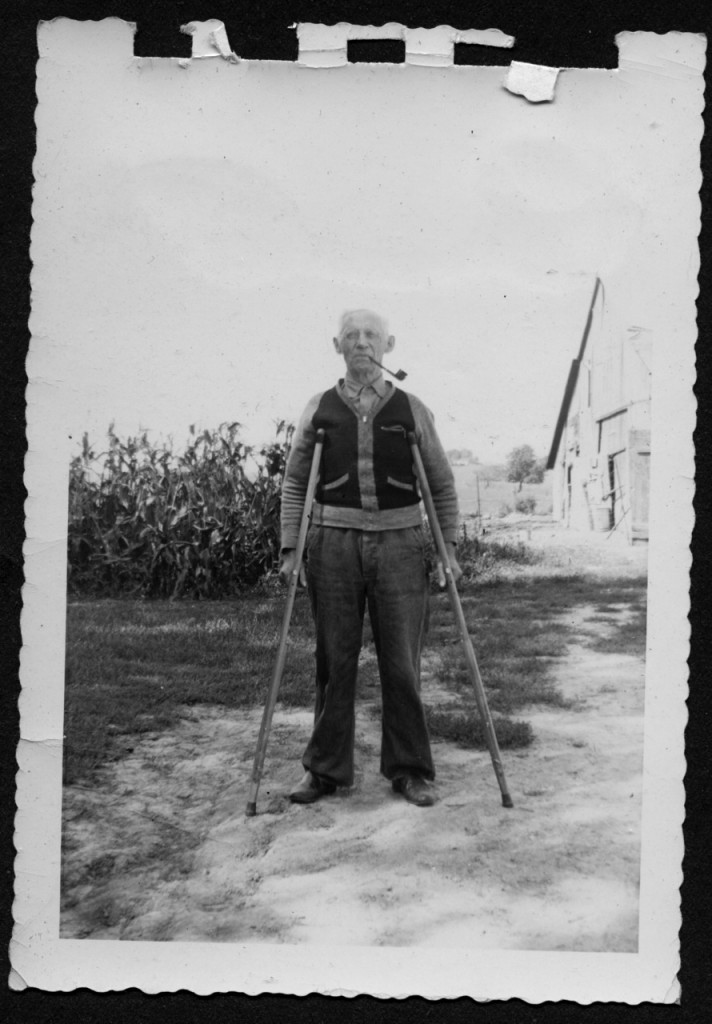
Grandpa Nielsen
Early each summer Dad would get a big box marked “Danger” From South Dakota. He´d zing the farm with rockets and Roman Candles, M-80´s and Black Cats. Sometimes, to get just the right symphony, he´d set off a stick of dynamite.
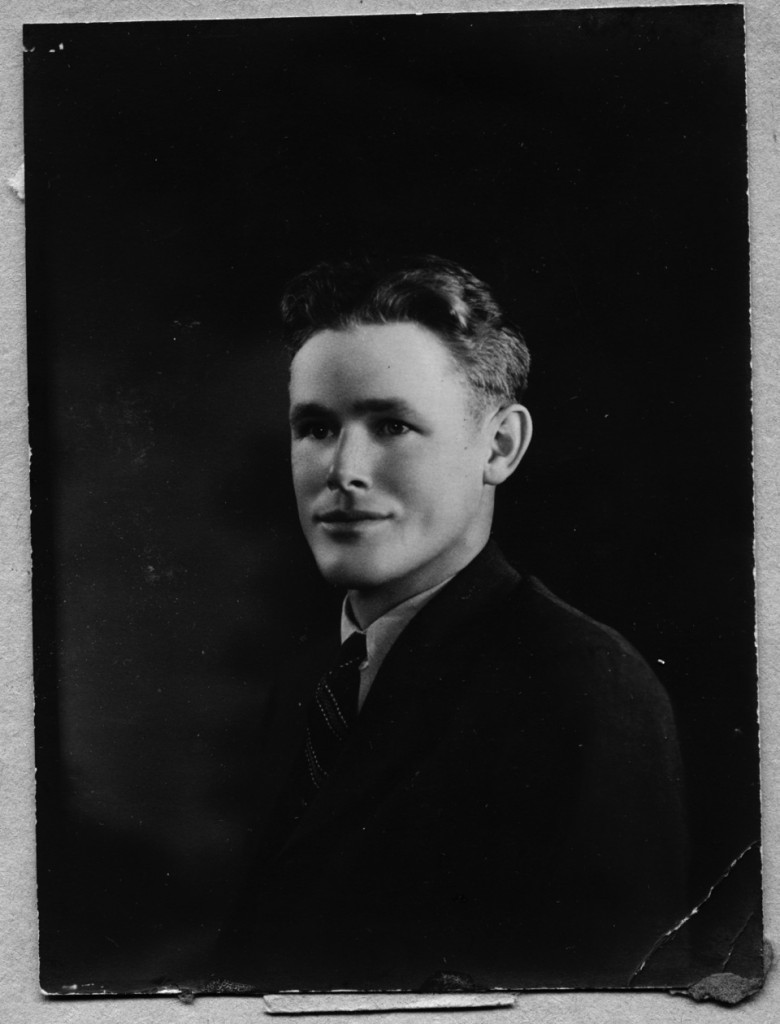
Farmer John’s Dad, Lester Peterson
In high school I worked hard studying and milking cows. I stayed healthy except for the month that night after night I put paper flowers on the homecoming float. I got boils all over. They´d spatter the barn ceiling when they broke, or the doctor when he lanced them, or they´d just drain into a cup. Our neighbor Emery said, “You hardly ever hear about boils any more.” One left a dent as deep as a dime in my leg.
When it was time to go to college, Dad wasn´t well and I wanted to keep farming anyway. I had done a lot of the farming since I was nine. I liked the rhythm of milking the cows – swinging the bucket, squatting and standing, pouring the milk into the cool stainless tank. I liked saying “hup” and “ whoa girl” to the cows.
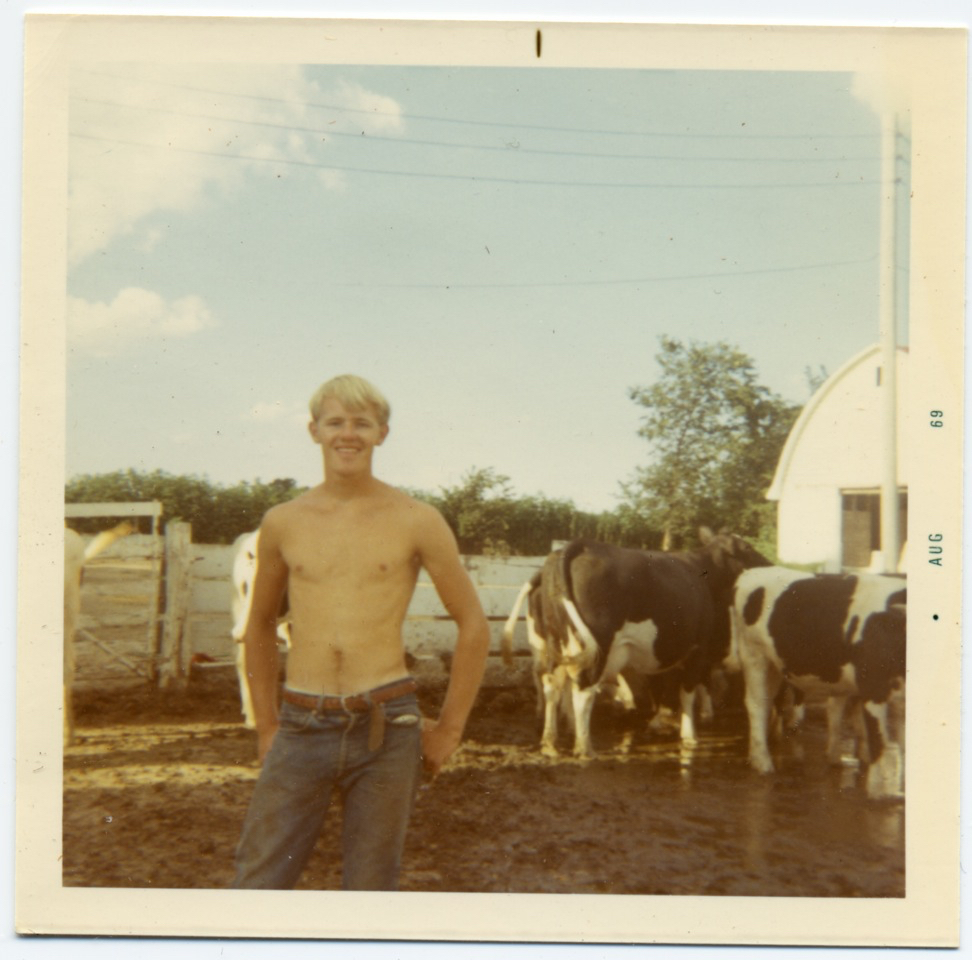
Farmer John with the Peterson Dairy Herd
I picked the college that was closest to home. It happened to be Beloit College, 8 miles away. In a pinch I could drive there in eight minutes in the new superchaged Dodge I bought out of the dairy income. The only thing that I had heard about Beloit College was that the sophomores didn´t beat up the freshmen like they did in my high school.
The first thing that I noticed as a college freshman was the contrast between my crew cut and the other boys´ long hair. Then I realized that the others hadn´t been baling hay that summer.
And one afternoon in the student union I learned that the kind of fencing that the other students did didn´t keep the cows in.
(There are two more installments to this biographical sketch. I might share the 2nd installment next winter.)
Farmer John no longer milks cows or raises chickens. He raises organic vegetables, which you can enjoy when you sign up for a CSA share from Angelic Organics at www.angelicorganics.com/receive-our-vegetables/
